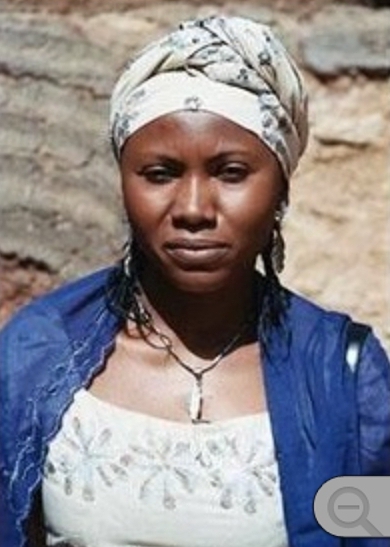Nigeria Women
29,000 people in 36 countries were interviewed by Durex, the condom manufacturer. They found that the following people were the most likely to cheat and commit adultery. All in all, 50-65% of husbands and 40-55% of wives have an affair before they are 40.
1. Nigerian women:
62% of Nigerian women are unfaithful. Recently Major Chitsiko, a soldier, committed suicide after his wife cheated on him. The couple was estranged. Also in November 20011, Erelu Tola Solomon, a social elite in Lagos and Abuja, decided to ruin her 25 year marriage after having s333x with a Lagos businessman.
2. Thai women:
59% of women living in Thailand admitted to cheating on their husbands. The rules seem more relaxed in Thailand than they are in the West. Many husbands even allow their wives to commit adultery.
3. British women:
A UNLV article on infidelity and extramarital affairs noted that Britain have cases at a rate of 42%, The country experiences a high rate of women cheating.
4. Malaysian women:
33% of Malaysians are known to cheat. 39% of the Malaysian women, in particular, are known to betray their marriage vows. It was also revealed that Malaysian men have on average 3 s333x partners.
5. Russian women:
33% of Russian women are known to be cheaters. Interestingly enough, the adulterer is not the one to blame in Russia. The finger points towards the person who kindles the affair. The fingers also point to women and that has been a century old tradition for 100s of years.
6. Singaporean women:
Durex also established that 19% of women in Singapore are known to be unfaithful. Singapore men are known to have up to 16 s334x partners, which explains why the country has 19% unfaithful women.
7. French women:
Women in France are 16.3% likely to commit adultery. Men are 22% likely. A Huffington Post article believes that France makes adultery mandatory – 93% of the population is committing it.
8. American women:
14% of married women in Italy admitted to having an affair once during their married life. 54% of the married men did not know about their spouses extramarital activities. This comes in a society where 50% believe that adultery is morally wrong. Interestingly enough 61% of Americans believe that adultery should not be a crime.
9. Italian women:
The judicial system in Italy has decriminalized adultery for married women. Women now can lie about having an affair to protect their honor.
10. Indian women:
Indian Women are also known to be adulterous. Adultery is considered as a crime and is placed under Chapter XX, which deals with offenses relating to the sacrament of marriage. As per the Indian jurisdiction, the law related to adultery is mentioned under Section 497 of the Indian penal code. Section 498 of the Indian penal code also states the law related to adultery.









